|
Lockdown and the Pandemic has been the most surreal time I’ve ever lived through; in equal parts distressing, wonderful, and above all a steep learning curve. The role of art and nature as tools for healing are the subject of this blog; and I note that both have been used heavily during Lockdown as coping strategies by many. It seems that in time of great distress we turn to these things for comfort, expression and solace. I managed to take the time to do some online Peace Education with Quakers and really got to know about my own inner conflict, connecting with that part of me that wants to stand at attention like an aggressive sergeant major. An aspect of myself that strives for constant results, scornful of process and never allowing time to relax into the subtleties and nuances of my relationships and art practice. My appetite for greater understanding whetted, I attended a life changing seminar online that was presented by Professor Siobhan O’Neill, hosted by Ulster University and entitled ‘The Trauma Informed Approach’. In it Siobhan discussed trauma as a collective and intergenerational experience in Northern Ireland, touching on how trauma was passed around our society via poverty, childhood adversity, alcoholism and substance misuse, resulting in a huge proportion of the population being affected without witnessing anything obviously Troubles related (such as gunshots or an explosion). I thought long and hard about my Dad’s alcoholism and how this had a profound effect on me in our unhappy home. Memories of my uncle, a prison officer, being on an IRA hit list; checkpoints with heavily armed soldiers staring out of their armoured vehicles being a completely normal part of everyday life; our town being bombed so heavily that most of the centre had to be rebuilt; all of us segregated and the first question anyone wanting to know was ‘are you a Catholic or a Protestant?’ I’ve felt simultaneously weighted and relieved by these realisations, and noted that I need to continue to ‘make meaning’ from what has happened in my life – a point stressed by Professor O’Neill as the main way to recover from trauma and make sense of what can sometimes seem senseless. You can watch the seminar here: www.youtube.com/watch?v=cwDi0Q34g6M I therefore leapt at the chance to be involved in the project Stitch For Change, the brain child of Rossana Leal, the director of The Refugee Buddy Project. Rossana herself is a refugee from Chile who arrived to live in Scotland when she was eight years old. She understands more than most what it is like to flee from a situation that is dangerous and traumatic, having left her native country to escape the Pinochet dictatorship that saw thousands being disappeared, detained and killed. Stitch For Change envisaged the completion of a Pandemic Patchwork Quilt, with exquisitely hand embroidered squares being stitched by Sussex based refugee families who are being supported by the project, along with anyone else who wanted to get involved. Participants were asked to stitch stories of their time during the pandemic; anything could be included. We gratefully received deeply moving stories of individuals’ displacement and other light hearted reflections on how coffee has been an integral part of making it through lockdown. The project has been heavily influenced by arpilleras from Chile; their history and techniques were taught to us by fellow facilitator and artist Jimena Pardo, also hailing from Chile. We learned how Chilean arpilleristas would make their deeply moving pieces of textile work to express the pain of losing a loved one, using scraps of fabric and burlap backing. Jimena runs a collective called Bordando por la Memoria; they state: 'Our aim is to make collaborative textile pieces that highlights the need for justice and to keep alive a part of history that in Chile today is being systematically eradicated.' You can find out more about the collective here: www.facebook.com/groups/155475955130949 You can find out more about Jimena’s own deeply moving story here: www.bbc.co.uk/programmes/w3cszf07?fbclid=IwAR3ajdAdMPwUnigKDWe_Z3czkagidPTdPjOIeGFyS9guQkYv5U4kzCvAM7M We ran two weekly Zoom sessions and initially I was worried about the number of attendees, scared that we wouldn’t have enough to make the project a ‘success’. Rossana, completely unflappable and entirely trusting in the process and the richness of the engagement, taught me to trust that it was a matter of quality rather than quantity. I learned a lot about the subtlety of important change and growth in individuals, and the necessity of examining project results in depth with an eye on individuals’ experiences as opposed to how many people had attended. I had a tendency to focus on the latter in the past, feeling the need for numbers and results in order to prove the validity of my work. I’ve had a deep shift in my awareness that it’s unethical to view a human being only as a number or statistic – and this type of number crunching is a skewed way of evaluating work amongst humans. I’ve also realised that activities that can look rather unimpressive on the surface can actually be implementing profound changes in participants and that simple activities that are well delivered within a nurturing space are far more important than a project that screams with bells and whistles but that lacks space for reflection and connection. I was moved by the positive response of participants – they seemed to glean a great deal out of the fact that we were simply a consistent, reliable presence in what was an otherwise tumultuous time. Even if they didn’t manage to attend every session, they were very much a part of the process and were held by the space even when they weren’t in it. I noticed that this increased my own capacity for compassion towards the group and myself, which has significantly benefited my art practice. We are now in the throes of creating quilts from the individual patches with the help of textile artist and master quilt maker, Jane Grimshaw. The quilts are due to be displayed at De La Warr Pavilion at the end of the year alongside a programme of events. Above all, this beautiful project has brought home to me with resounding clarity that healing is my only purpose: divide is conflict and integration is harmony, and this echoes in all areas of life from the inner to the outer. There is an academic term ‘Post Traumatic Growth’ which essentially means that you can be better for the things that you’ve been through. May we all work through our struggles and know the deep satisfaction of this growth.
0 Comments
Leave a Reply. |
AuthorAbout Northern Ireland; conflict, walls & resolution Archives
October 2023
Categories |
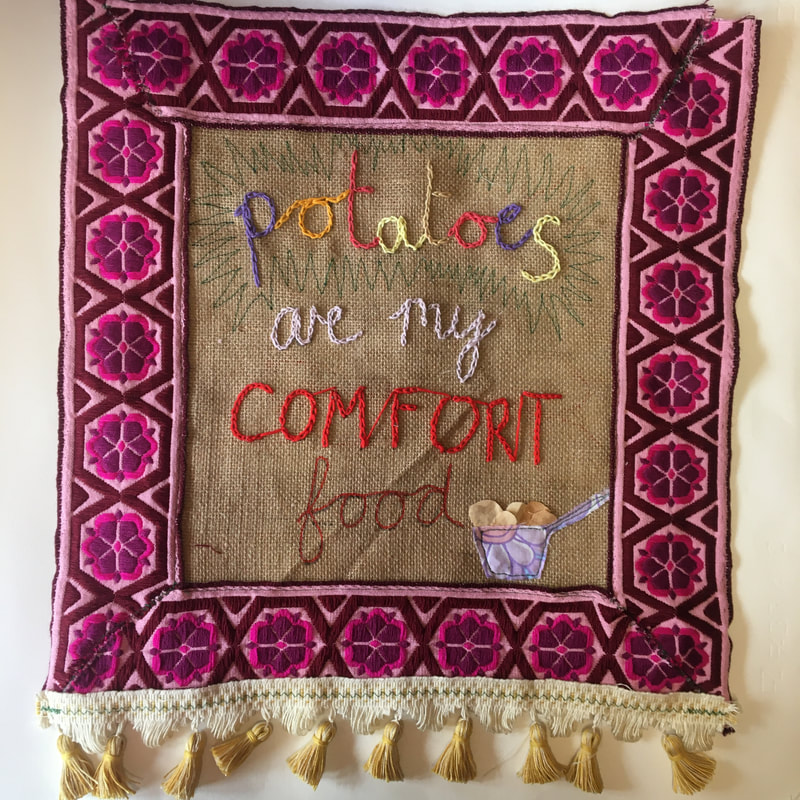
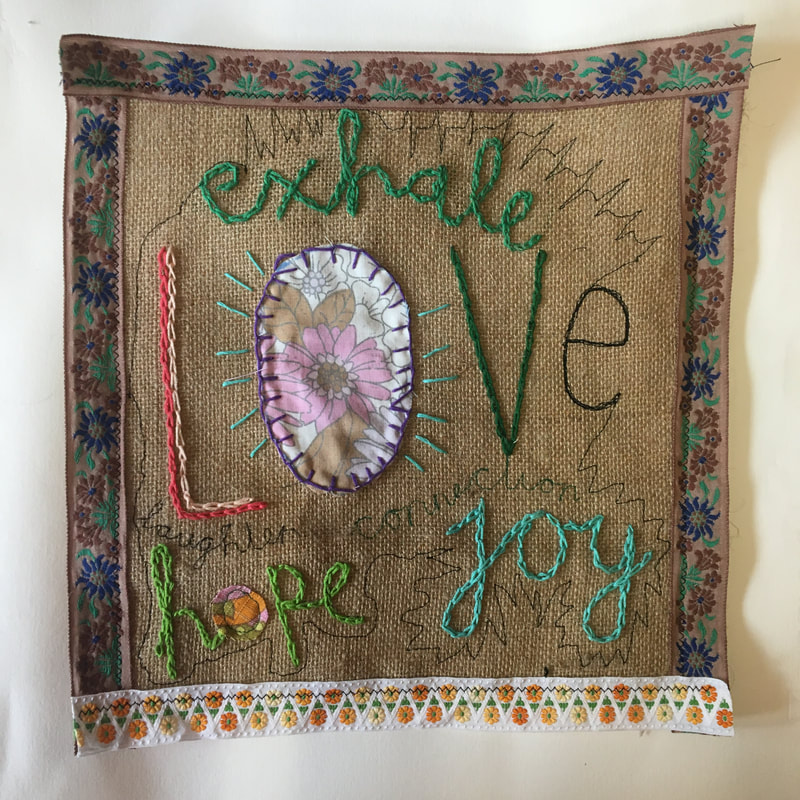
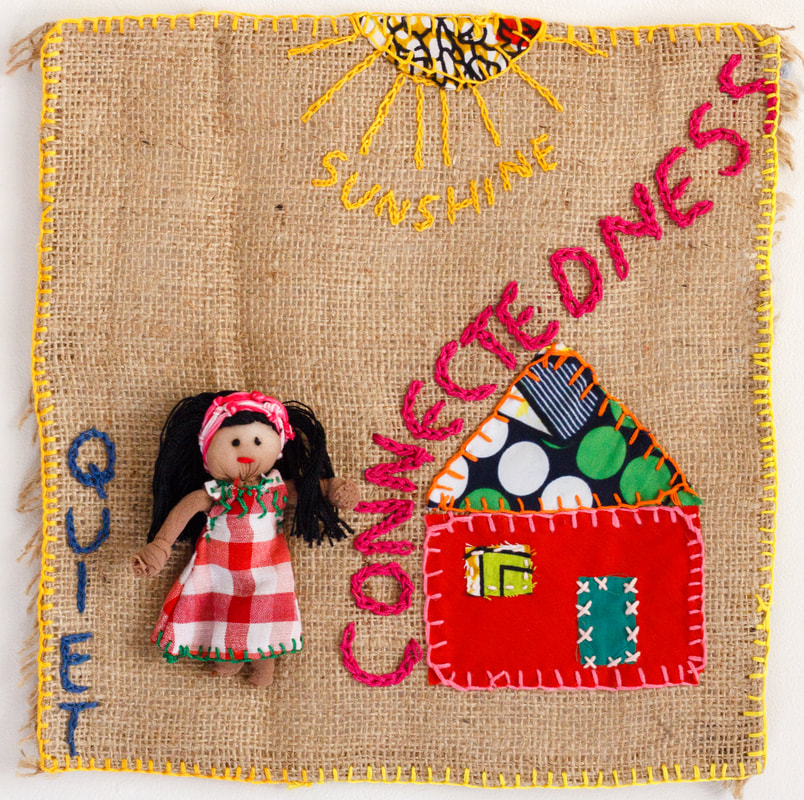
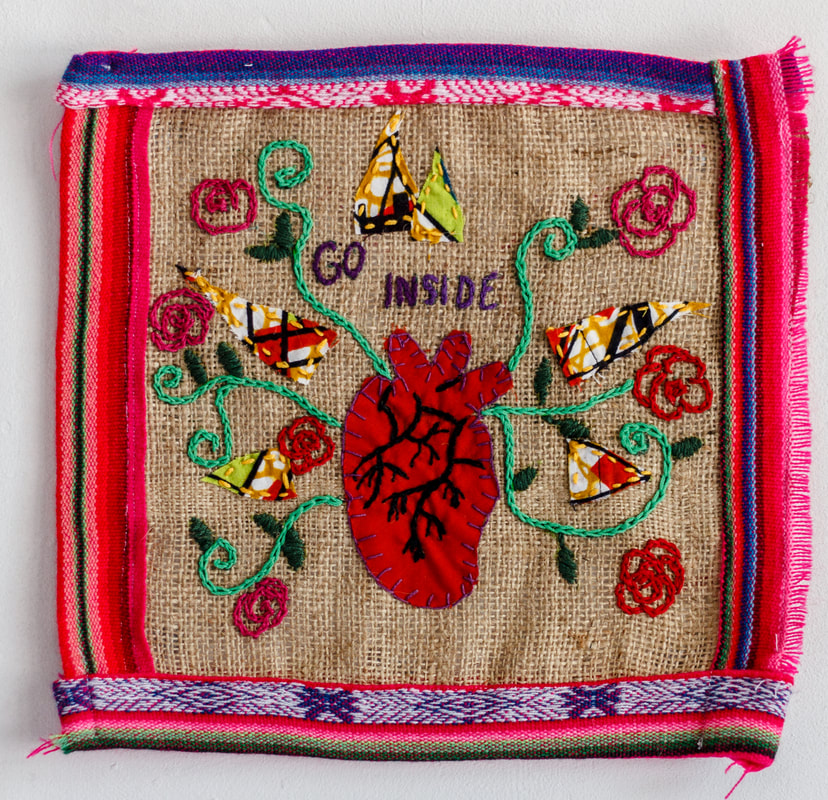
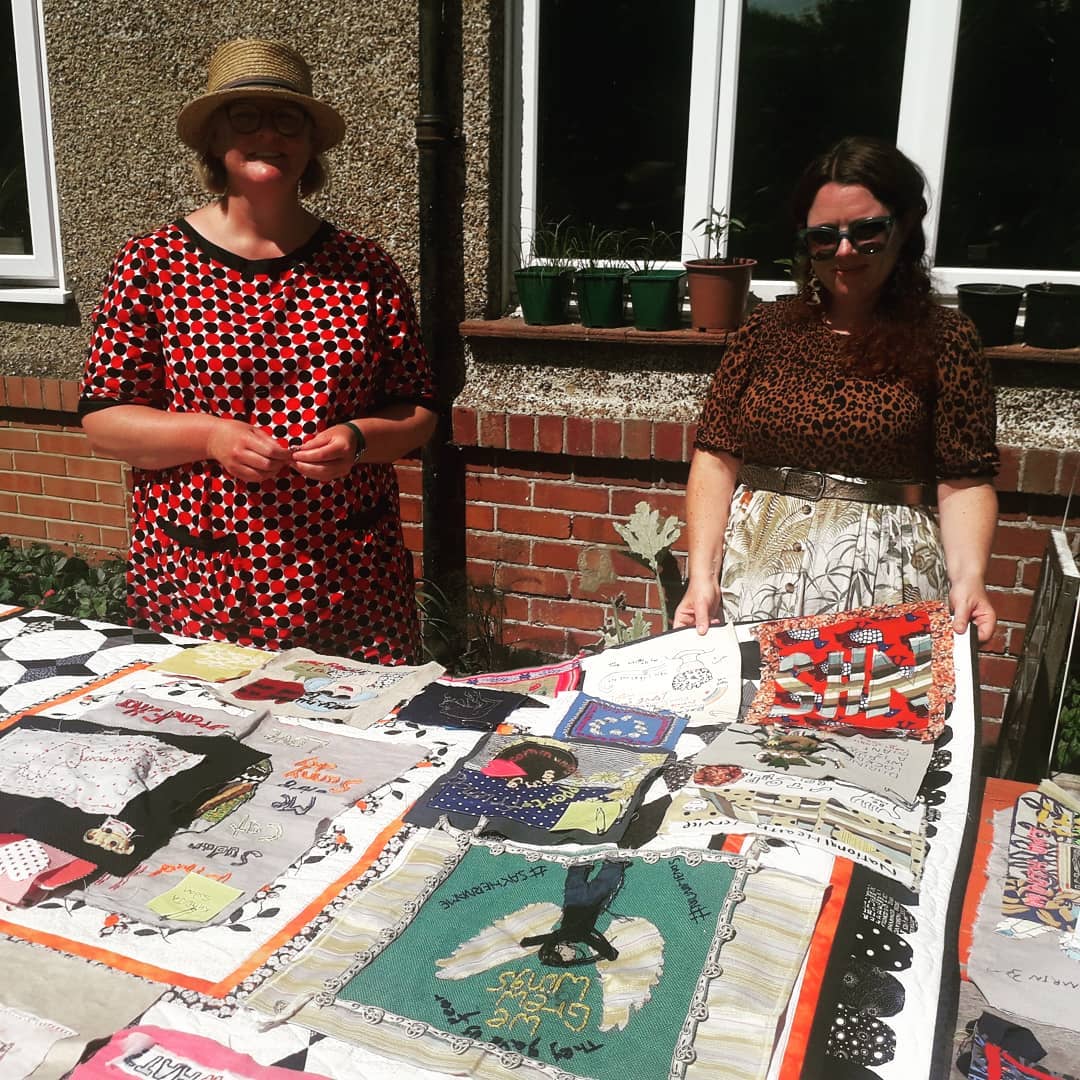
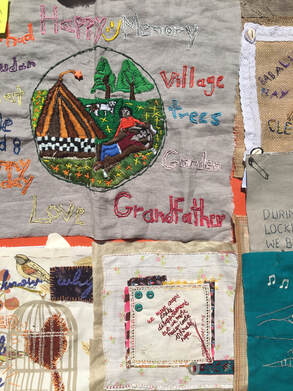
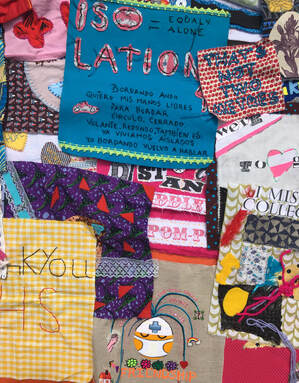
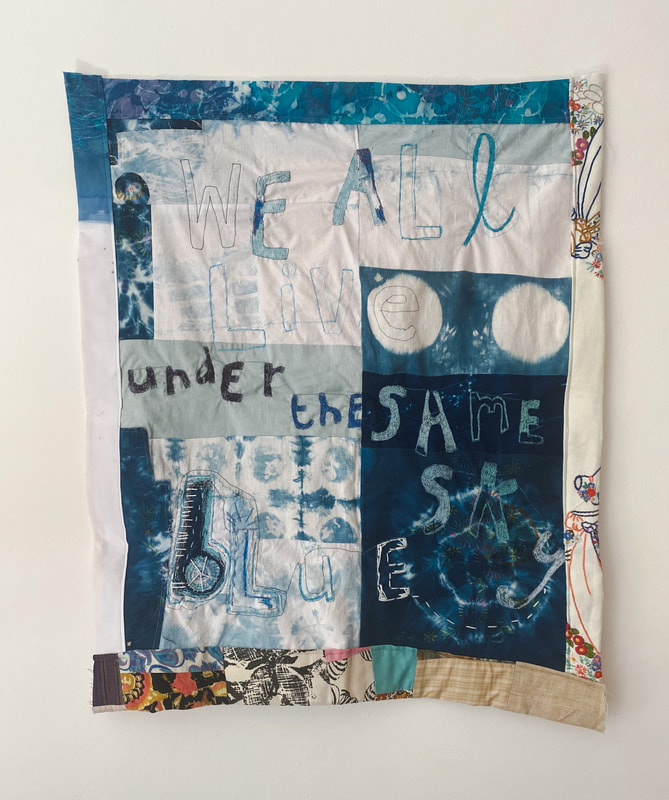
 RSS Feed
RSS Feed